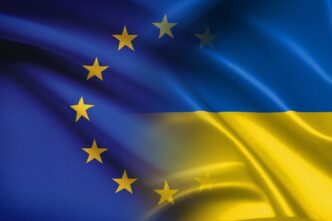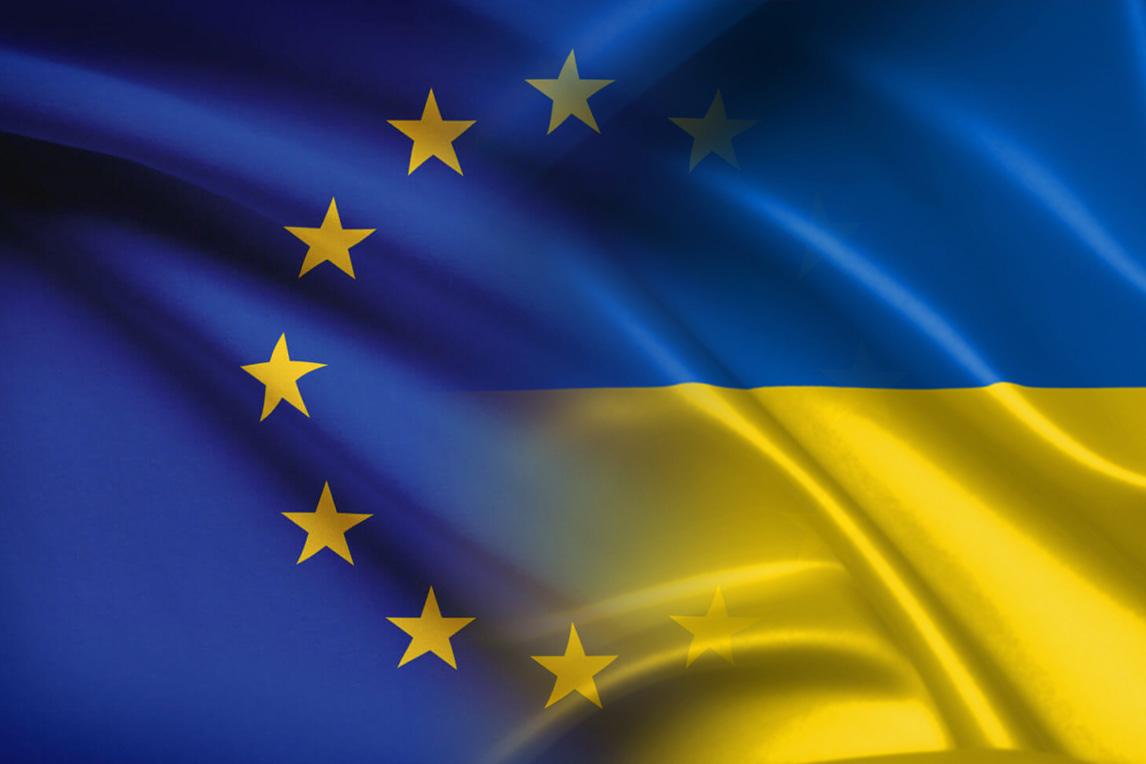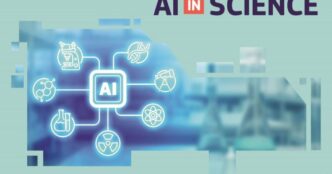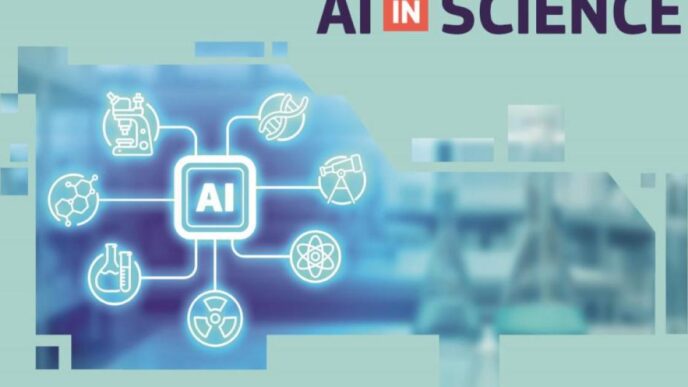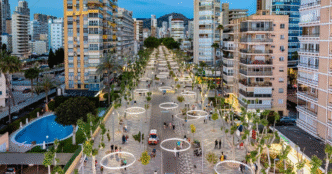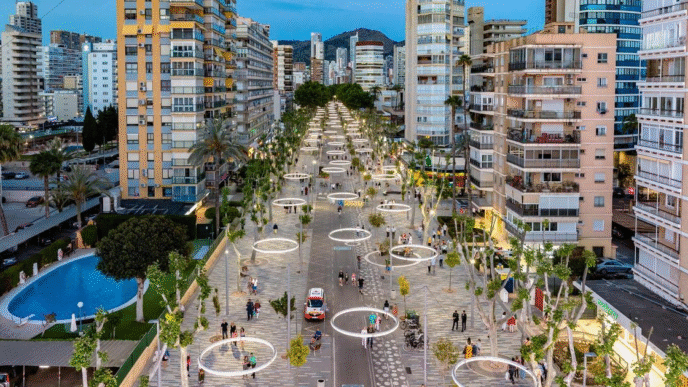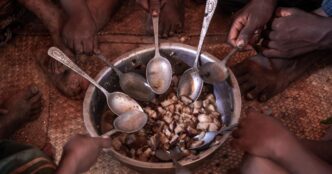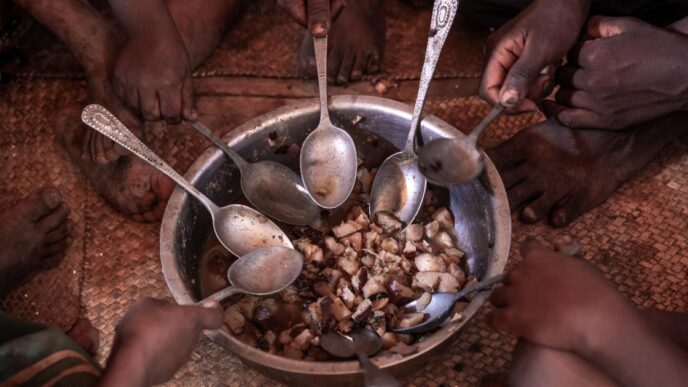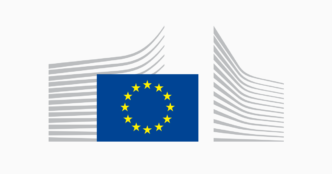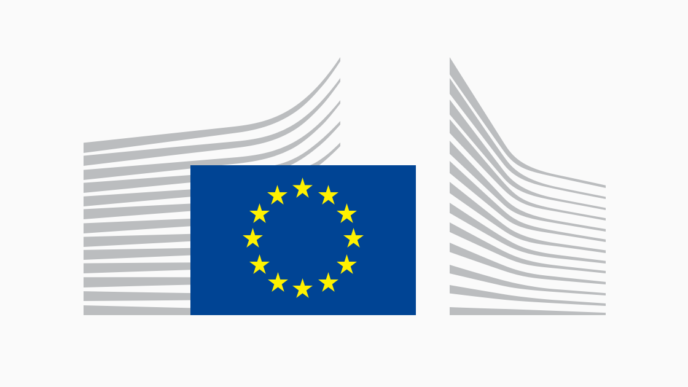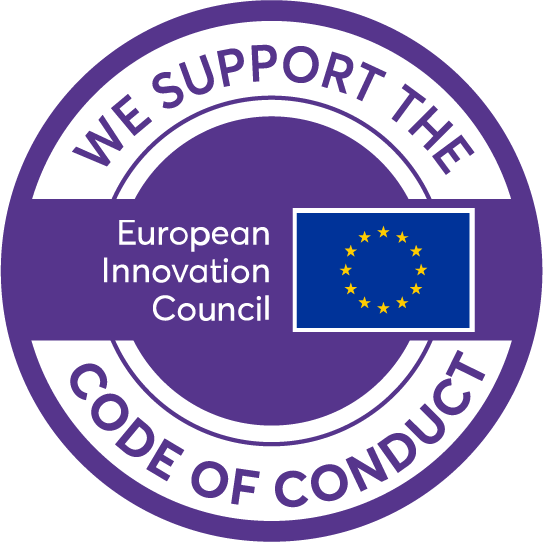“Check against delivery”
Thank you Vice-President,
Minister,
Honourable Members,
This week we celebrate 80 years since the end of the Second World War. On 8 May 1945 tens of thousands of French men and women walked out on the Champs-Elysées in Paris, overwhelmed with joy. Celebrations were held across Europe, from London, to the Benelux countries, to Copenhagen. The nightmare was finally over. The events of that time had profound consequences for all Europeans. For half of our continent, it marked the beginning of the process of reconstruction and reconciliation. But for the other half, the liberation from Nazism did not bring freedom. It was followed by occupation and oppression. It was a real turning point for Europe.
Eighty years on, we stand at another decisive moment in the history of our continent. The war in Ukraine will eventually come to a halt, and the way the war ends will shape our continent for generations to come. The future of Ukrainians is at stake – but so is ours. A bad deal could encourage Putin to come back for more. It would be a recipe for more instability and insecurity. Instead, a just and lasting peace could usher in a new era of prosperity for Ukraine and help us build a new security architecture for Europe. A just and lasting peace, that ensures Ukraine’s sovereignty, respects its territorial integrity, and upholds its European aspirations. This is the crossroads we face, and Europe has a huge stake. So we must do our utmost to strengthen Ukraine’s hand.
Because we have all seen how Russia negotiates: they bomb; they bully; they bury promises beneath rubble. Putin wants to force Ukraine into accepting the unacceptable, so the task we face is to help Ukraine stand strong, defy Putin’s intimidations, and engage in peace talks based on its own conditions. Today, I would like to focus on how we can do so, and on three priorities for our action. First, support Ukraine’s defence. Second, complete the phase out of Russian fossil fuels. And third, accelerate Ukraine’s accession path to our Union.
Let me start with the military side – the so-called ‘porcupine strategy’. Russia is a permanent threat for the whole of Europe, so Ukraine must be strong enough to deter any future attack – with deterrence through denial. Europe has already supported Ukraine with EUR 50 billion in military aid, but now we must move from a logic of aid to one of integration of our defence industries. This is a central element in our White Paper “Readiness 2030”. We are encouraging our Member States to place orders directly in Ukraine’s defence industry, because this is the most effective and cost-efficient way to support Ukraine’s military efforts. We are focusing in particular on defence tech and innovation. Throughout the war, Ukraine has used technology to shift the dynamics on the battlefield, even and especially when Russian forces were stronger in numbers. But Russia has also learnt from the war. Our goal together with Ukraine is to be so strong that it is indigestible for potential invaders.
Honourable Members,
As we support Ukraine, we must also continue to undermine Russia’s ability to wage war. This is my second point. And fossil fuel revenues remain a key source of funding for the Russian war machine. So, it is our core security interest to stop financing Putin’s war-chest. And for this, we must stop spending billions on Russian energy imports. I know that there is a clear majority in the European Parliament in favour of this, last November, you voted to ban all imports of Russian fossil fuels; the Polish Presidency is also working hard for it. But some are still saying that we should re-open the tap of Russian gas and oil. This would be a mistake of historic proportions. And we will not let it happen. Russia has proven, time and again, that it is not a reliable supplier. Putin has already cut gas flows to Europe in 2006, 2009, 2014, 2021, and throughout the war. How many times before they learn the lesson? Dependency on Russia is not only bad for our security, but also for our economy. Our energy prices cannot be dictated by a hostile neighbour.
The good news is, we have achieved incredible progress since the start of the war. Thanks to energy savings and renewables, we have already cut our gas imports from Russia by 60 bcm per year. And thanks to our partners, we have diversified away from Russia. Remember: We have not forgotten, how the United States immediately stepped in with LNG when we needed it during the crisis; and how we received additional pipeline gas from Norway; and how countries further away, like Japan and the Republic of Korea, worked very closely with us on global markets, to ensure our immediate energy security. At the same time, we went from 45% of our gas imports coming from Russia, down to 13%. We went from one-in-five barrels of oil down to one-in-fifty – a ten-fold reduction. And we can still go much further. We also have to admit that we see, since the beginning of last year that energy imports from Russia have slightly bounced back. So, we need a final push to phase out Russian fossil fuels. And this is the goal of the roadmap that we presented yesterday. As part of it, we will propose to ban new contracts with Russia
as well as imports on the spot market, by the end of 2025 the latest. We will work to ban all remaining imports of Russian gas, both pipeline and LNG, by no later than the end of 2027. And we will also tighten controls on Russia’s shadow fleet. The era of Russian fossil fuels in Europe is coming to an end.
Honourable Members,
My last point is that we must accelerate Ukraine’s path towards membership of our Union. This is not just Ukraine’s aspiration. It can be the strongest security guarantee. And it was a central focus of my latest meeting with President Zelenskyy in Rome. We are working hard with Ukraine to open the first cluster of accession talks, and to open all clusters in 2025. Ukraine joining our Union is the greatest guarantee of a just and lasting peace. In our history, peace and European integration have always gone hand in hand. So let us bring Ukraine inside our Union. Let us walk the path of peace together.
Slava Ukraini, and long live Europe.
